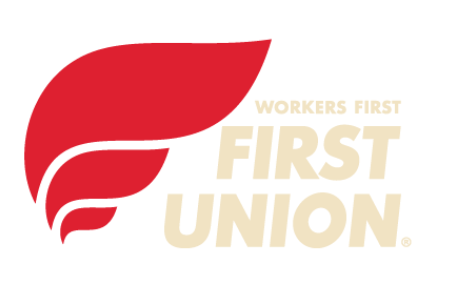
Fair Pay Agreements (FPAs) will set out minimum terms and conditions of employment that will cover all workers within entire industries. The working group tasked with debating exactly what this would look like has just released its report of recommendations to the Minister for Workplace Relations and Safety Iain Lees-Galloway.
FIRST Union General Secretary Dennis Maga says FPAs have the potential to end what are huge disparities in wages in several industries.
“There’s pay disparity between workers who do the same kinds of work in many of the industries where we have membership. An example is retail; supermarket checkout operators all perform the same work but wages vary widely (even within the same local communities) depending on whether you happen to work at a unionised supermarket or not. In the bus industry, bus operators compete for tenders and win based on who pays the lowest wages – this too could be amended through an FPA for the bus industry and bus operators would be forced to compete on which operator provides the best quality service rather than which company pays their workers lowest pay.”
Mr Maga says FPAs will restore some bargaining power to workers that has been lost.
“What we will see when FPAs come into effect is that working people will be better off. What we will see are higher wages and better working conditions that will allow people to live a better quality of life, that will allow you more freedom to decide when and how you work.”
He says FPAs are an exciting opportunity for New Zealand to finally improve our bleak industrial landscape.
“A huge number of New Zealand workers don’t receive a pay rise in any given year, due to lack of access to unions and lack of negotiation power on individual employment agreements. This, over time has led to New Zealand wages being lower than many of the OECD countries we traditionally align ourselves to such as Australia. FPAs will help lift wages in entire sectors of our economy, which will benefit everyone in the country.”
Truck driver Neal Allport says over the years, a lot has changed for workers.
“Around 30 years ago I was on $750 a week, in today’s terms that would be over $2000 – $3000 a week and that was enough to live off and pay for a mortgage that had an interest of 20%! There’s just no way people can do that now. Wages just haven’t kept up with living. Over all the years, the prices of trucks, diesel etc. have gone up, it’s become a competition about how low each can go on wages. We need to get this industry in better condition rather than just bums on seats with cowboy operators because anyone can drive a truck but how many are professionals? A Fair Pay Agreement would mean workers get a fair and reasonable rate for the job we do. The skill level will lift when the pay rates do. Nowadays there is no encouragement, no wages, licensing is expensive; who wants to do it? Higher pay rates would mean we wouldn’t have to work longer hours; we could spend more time with family and more people would be attracted to the industry again.”
Retail worker Jackie Holt says an FPA in her industry could make life a lot easier.
“Having an industry standard of fair pay means that those, like myself, who work in a supermarket, are able to ensure that our lives are a little less stressful and fulfilled. It would mean we could afford not only the necessities but also pay our bills on time, run our vehicle and hopefully afford an annual holiday. It could afford us with the opportunity to save towards retirement and also for the unexpected needs that might and do happen.”
Retail worker Sharon Taurua says an FPA could take some of the pressure off finances.
“Supermarket workers have been underpaid for far too long. There are a lot of us in this situation finding it difficult to make ends meet, after working a 40hr PLUS week. The income for a working week just covers rent, power, food & petrol, with no allowance for necessities such as doctors, insurance, car maintenance etc. A Fair Pay Agreement would mean better living conditions and a little financial security.”




